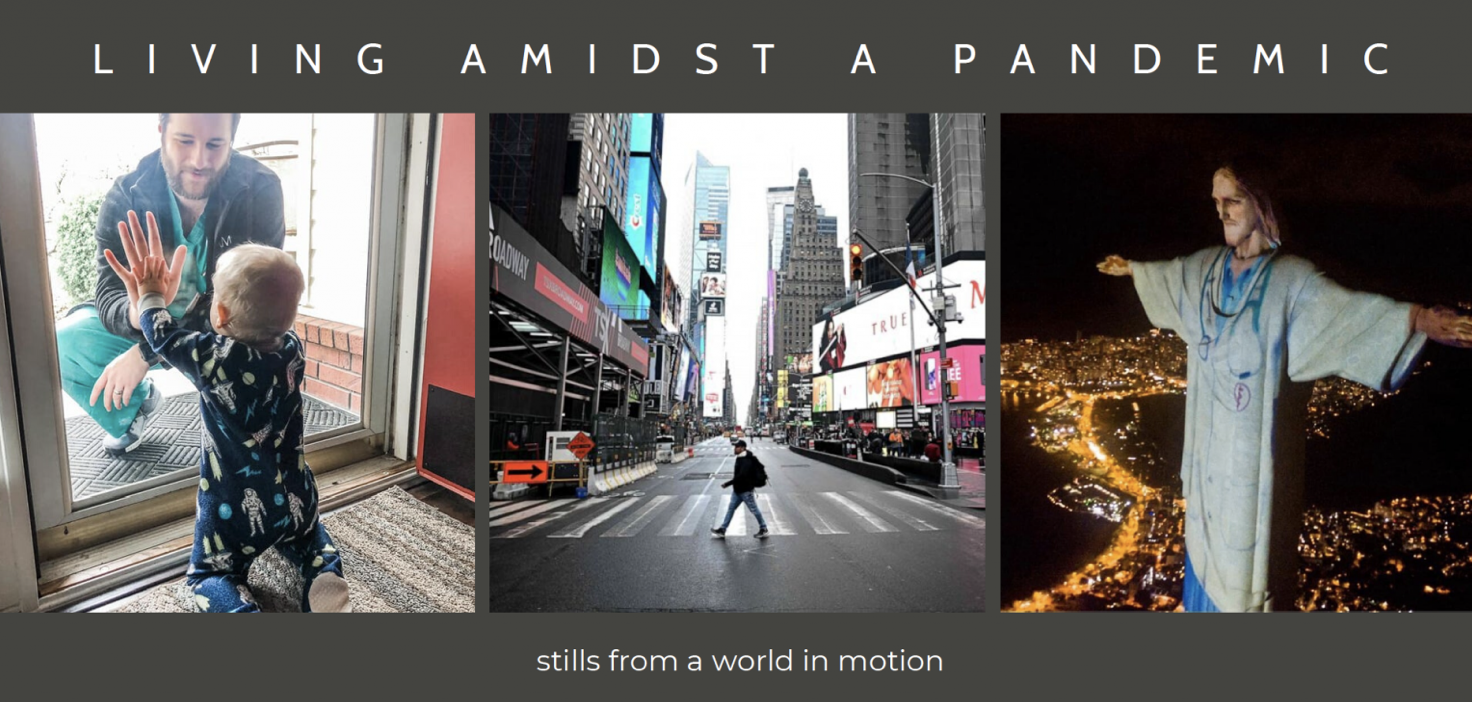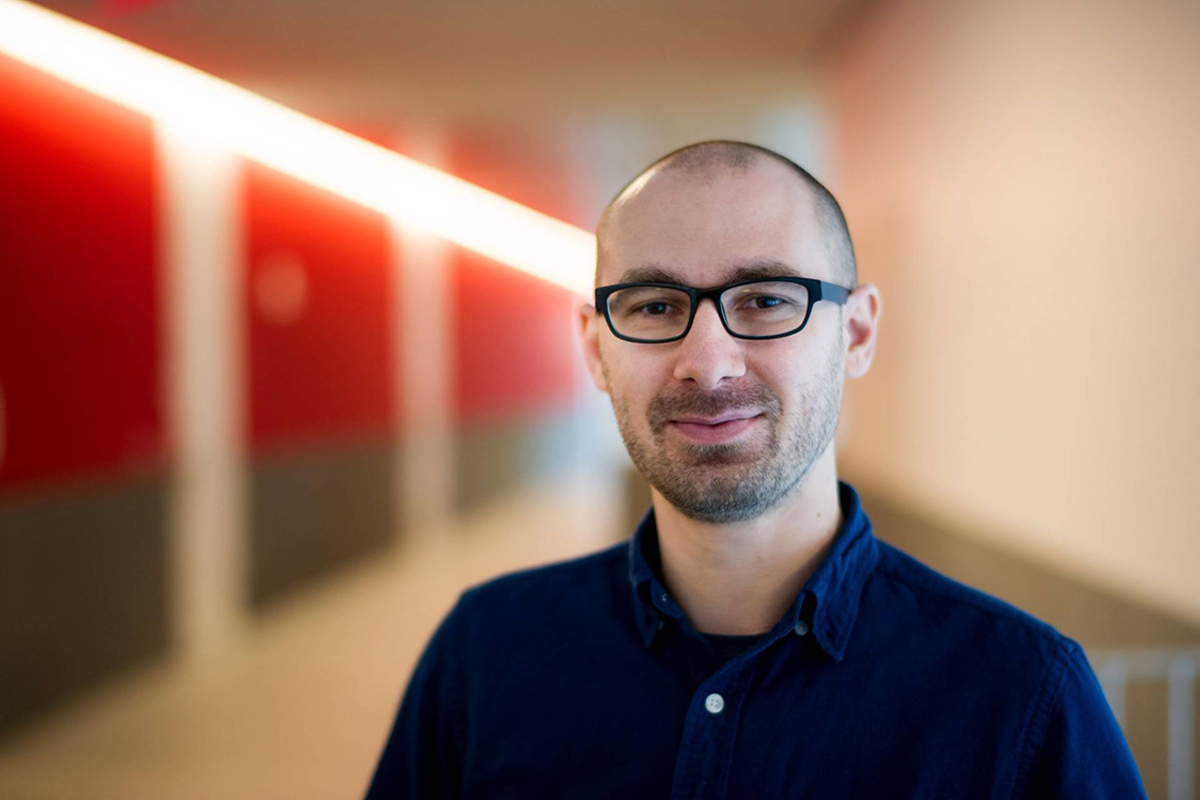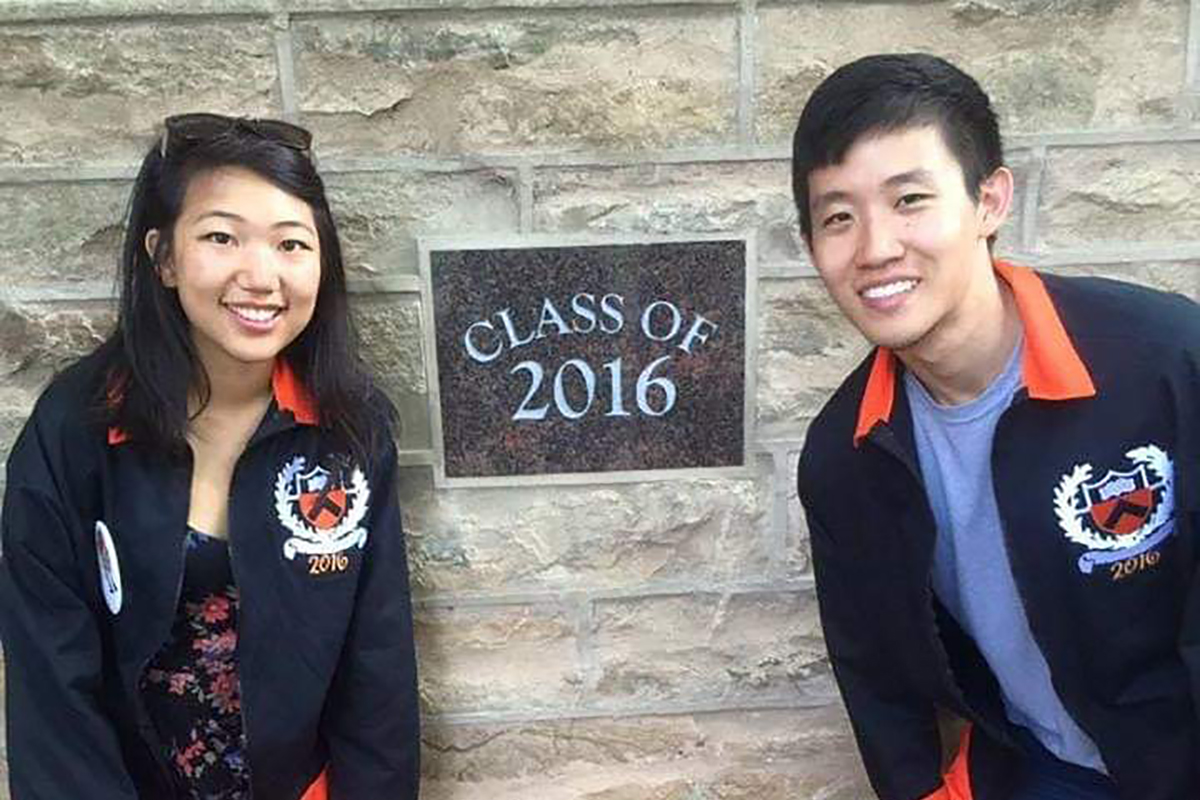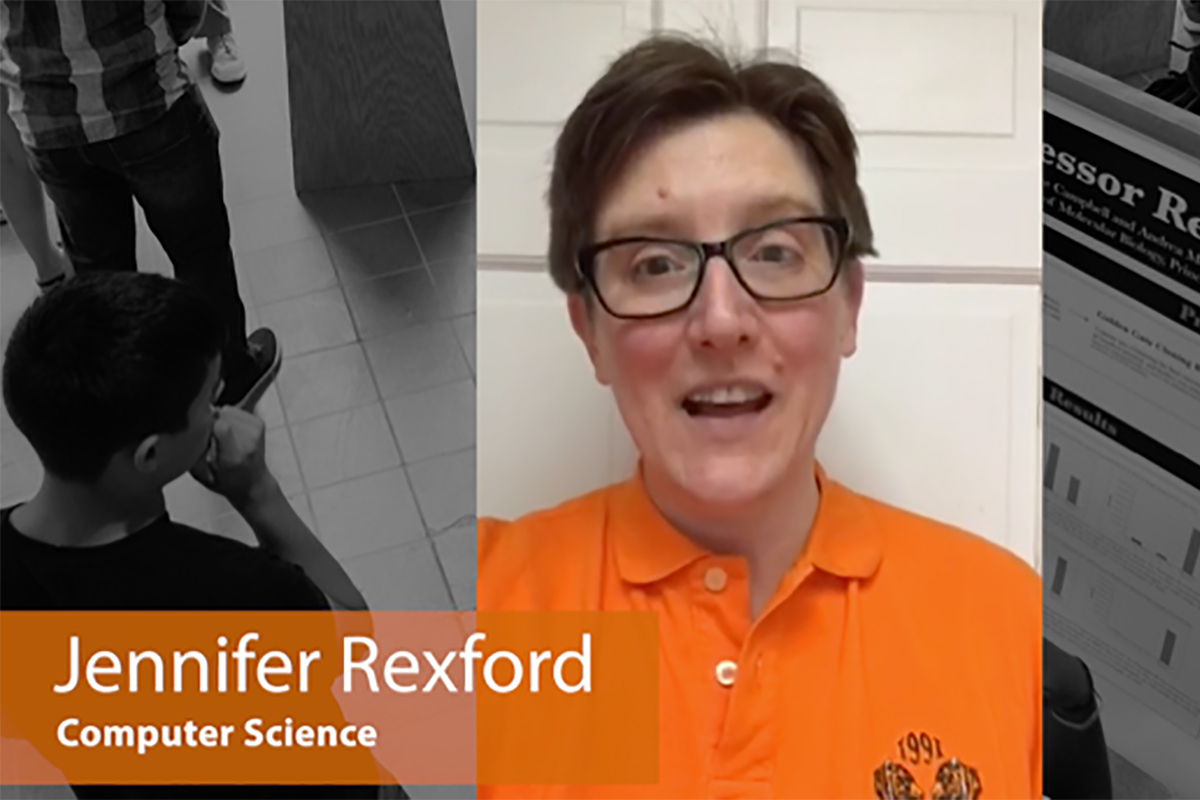
Every spring semester class was impacted by the COVID-19 pandemic, which forced instruction to move online. But Medical Anthropology (ANT/HUM 240) might be the rare Princeton course that was deepened and enriched by the life-altering circumstances, since its focus is very much related to how the humanities and anthropology can help us understand illness, healing, and present-day struggles for wellbeing.
The class, co-taught by João Biehl and Onur Günay, became a vibrant online forum, as the turbulent social, economic and political forces that transform civilizations during pandemics were made more immediate and meaningful by events unfolding around us. The students studied artifacts from the Princeton University Art Museum’s artworks and historical accounts (from the Bubonic Plague in early modern Europe to HIV/AIDS in the late 20th century), and then began to generate their own creative projects. Joice Kim ’21 and Matthew Lee ’22 collaborated to produce a “virtual booklet” of photographs and stories titled “Living Amidst a Pandemic.”
The class also included a community-engaged learning component, an aspect of the syllabus that could have been complicated by the limitations of online learning. With the support of Princeton’s Program for Community-Engaged Scholarship (ProCES) and the Pace Center’s Service Focus program, however, students connected with several Princeton-area service organizations to study local health problems and develop research and communication materials as class projects. Olivia Chen ’22, Amital Haas ’21, Jamie Kim ’22 and Sophia Peifer ’21, for example, partnered with the Society for the Prevention of Teen Suicide (SPTS) to make a video explaining how to practice mental wellbeing during the pandemic.
In previous years, the community-engaged projects were showcased and shared with the Princeton community in a Medical Humanities Fair. Lacking that in-person option, Biehl, the Susan Dod Brown Professor of Anthropology, and Günay, a documentary filmmaker and a postdoctoral research associate at the Woodrow Wilson School of Public and International Affairs, created a website to present their students’ ethnographic and creative work.
“As you visit the website, we hope you share our excitement in the critical force of Medical Anthropology as we seek to produce people centered, socially meaningful, and politically relevant knowledge for our times,” the professors wrote on their webpage.
To see all of the students’ Medical Anthropology projects, visit their website.




